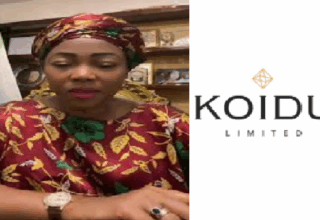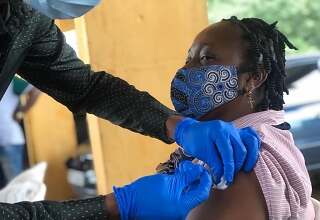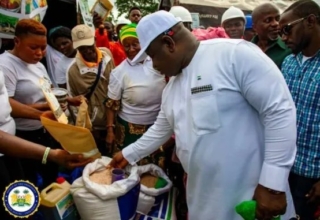
𝐁𝐲: 𝐈𝐧𝐠. 𝐘𝐚𝐲𝐚𝐡 𝐀. 𝐁. 𝐂𝐨𝐧𝐭𝐞𝐡.
This piece of writing x-rays the brown envelope syndrome as practiced not only in Sierra Leone but in other countries of Africa and beyond. It takes into consideration the negative effects inherent in such a practice, impact on stakeholders involved, not only in the media industry where it is said to be prevalent, but in other institutions as well where its effects have been equally felt.
The name is derived from cash or monetary inducements hidden in brown envelopes and given to journalists during press briefings to make them write a positive story which lacks all elements of positivity, or kill a negative story characterized and loaded with positive facts.
It is alleged that the most common type of bribe in journalism is the so-called brown envelope which, as described above, is monetary bribe handed out to a journalist to pressurize him or her into doing what the giver wants. Once accepted, these monetary bribes and other gifts ‘tie the hands’ of the journalist who then eventually proves incapable of being objective in reporting events and issues involving, or connected, with the people and institutions/organizations who give out the gifts.
Studies conducted in the past concluded that in some countries brown envelopes take different forms such as money (in the lead), car, expensive clothing and, in some cases, scholarships.
Journalists, as a normal practice, go out to do their work on a daily basis in order to inform the public of both national and international developments as experienced within their communities and beyond. They embark upon this exercise without a bribe crossing their minds. But in the process of discharging their official functions, they are tempted and seduced to accept brown envelopes. The tempters and seduces are mainly politicians, business tycoons, non-governmental organizations (NGOs) and the like.
It must, however, be borne in mind that the brown envelope syndrome is not only a practice restricted within journalistic circles. It cuts across other layers of society like in the seeking of employment opportunities, admissions into universities, office promotions, challenges involved in the approval of huge government contracts or projects, including the establishment of big—time business enterprises influenced by government functionaries.
At the expense of journalistic ethics, some journalists are often faced with the daunting task to protect their ‘stomachs’. The adage ‘he who pays the piper dictates the tune’ takes prominence and becomes practical in this case. Undoubtedly, a journalist who collects money on a report will definitely influence the outcome of his reportage to satisfy or meet the intention(s) of the person or persons he has sold his integrity, fairness, justice and objectivity to.
This overall practice of the brown envelope syndrome is no more than a cankerworm eating deep into the fabric of our society as it affects fairness, truth and objectivity in all its ramifications.
Nevertheless, in the midst of all the hullabaloo related to the brown envelope saga, we still have a handful of journalists who have always stood taller than most of their counterparts in resisting the challenges and temptations posed by this practice. They have never bowed an inch to its threats and forces.
What haunts most of these crop of journalists is the fear of having to toy with their professional integrity and sense of duty combined, coupled with their passion to uphold the six cardinal elements of journalism- truth, fairness, objectivity, accuracy, independence and responsibility. Bravo to them!
Ing. Yayah A. B. Conteh is the former Director of the Mechanical Services Department (MSD) of the Sierra Leone Roads Autjhority (SLRA).
Tel. nos : 076640364 / 077718805.
E-mail : [email protected]














